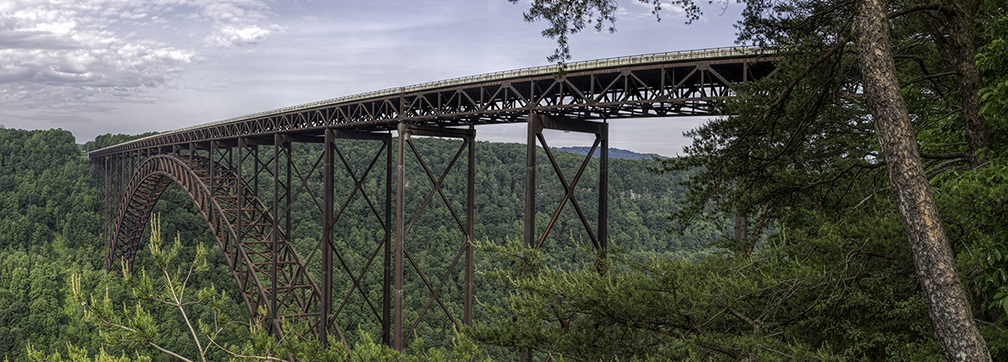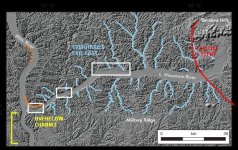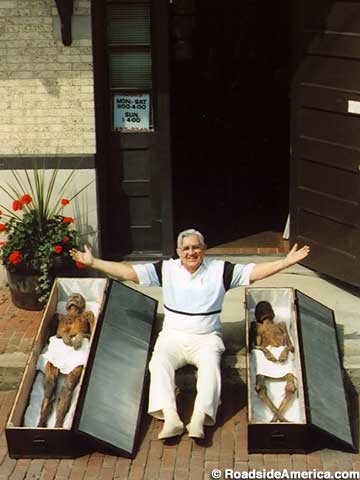Sir Brian Harold May CBE (born 19 July 1947) is a British musician, singer, songwriter and
astrophysicist. He achieved worldwide fame as the lead guitarist of the rock band
Queen, which he co-founded with singer
Freddie Mercury and drummer
Roger Taylor. His guitar work and songwriting contributions helped Queen become one of the most successful acts in music history.
May previously performed with Taylor in the blues rock band
Smile, which he had joined while he was at university. After Mercury joined to form Queen in 1970, bass guitarist
John Deacon completed the line-up in 1971. They became one of the biggest rock bands in the world with the success of the album
A Night at the Opera and its single "
Bohemian Rhapsody". From the mid-1970s until 1986, Queen played at some of the biggest venues in the world, including an acclaimed performance at
Live Aid in 1985.
[3] As a member of Queen, May became regarded as a virtuoso musician, identified with a distinctive sound created through his layered guitar work, often using a home-built electric guitar called the
Red Special.
[4] May wrote numerous hits for Queen, including "
We Will Rock You", "
I Want It All", "
Fat Bottomed Girls", "
Flash", "
Hammer to Fall", "
Save Me", "
Who Wants to Live Forever", "
Too Much Love Will Kill You", "
Tie Your Mother Down" and "
The Show Must Go On".
Following the death of Mercury in 1991, aside from the
1992 tribute concert, the release of
Made in Heaven (1995) and the 1997 tribute single to Mercury, "
No-One but You (Only the Good Die Young)" (written by May), Queen were put on hiatus for several years but were eventually reconvened by May and Taylor for further performances featuring other vocalists. In 2005, a
Planet Rock poll saw May voted the seventh-greatest guitarist of all time.
[5] He was ranked at No. 26 on
Rolling Stone's list of the "
100 Greatest Guitarists of All Time".
[6] In 2012, he was ranked the second-greatest guitarist in a
Guitar World magazine readers poll.
[7] In 2001, May was inducted into the
Rock and Roll Hall of Fame as a member of Queen and in 2018 the band received the
Grammy Lifetime Achievement Award.
[8]
May was appointed a
Commander of the Most Excellent Order of the British Empire (CBE) in 2005 for services to the music industry and for charity work.
[9] May earned a
PhD degree in
astrophysics from
Imperial College London in 2007,
[1][2] and was
Chancellor of Liverpool John Moores University from 2008 to 2013.
[10] He was a "science team collaborator" with NASA's
New Horizons Pluto mission.
[11][12] He is also a co-founder of the awareness campaign
Asteroid Day.
[13] Asteroid
52665 Brianmay was named after him. May is also an animal rights activist, campaigning against
fox hunting and the
culling of badgers in the UK.
[14]

www.nps.gov





